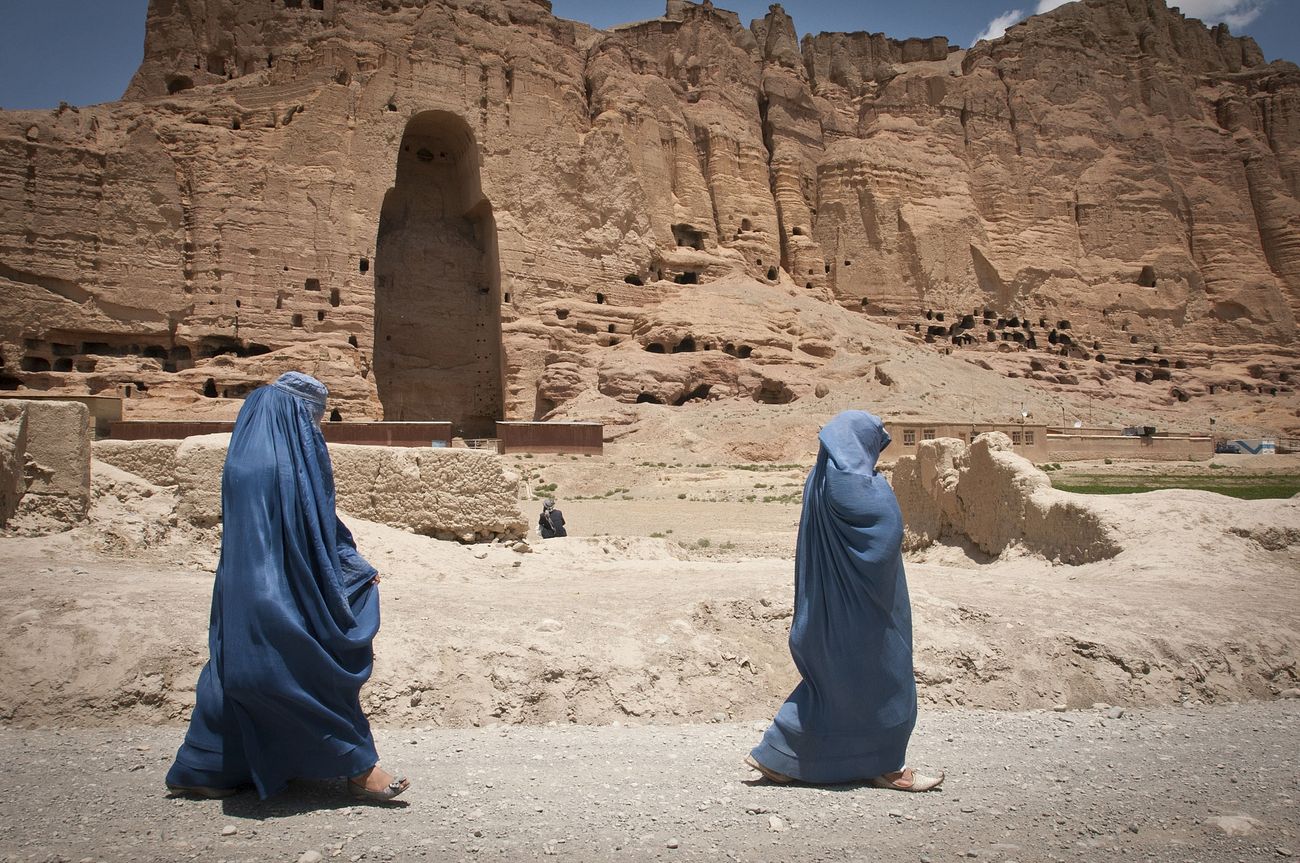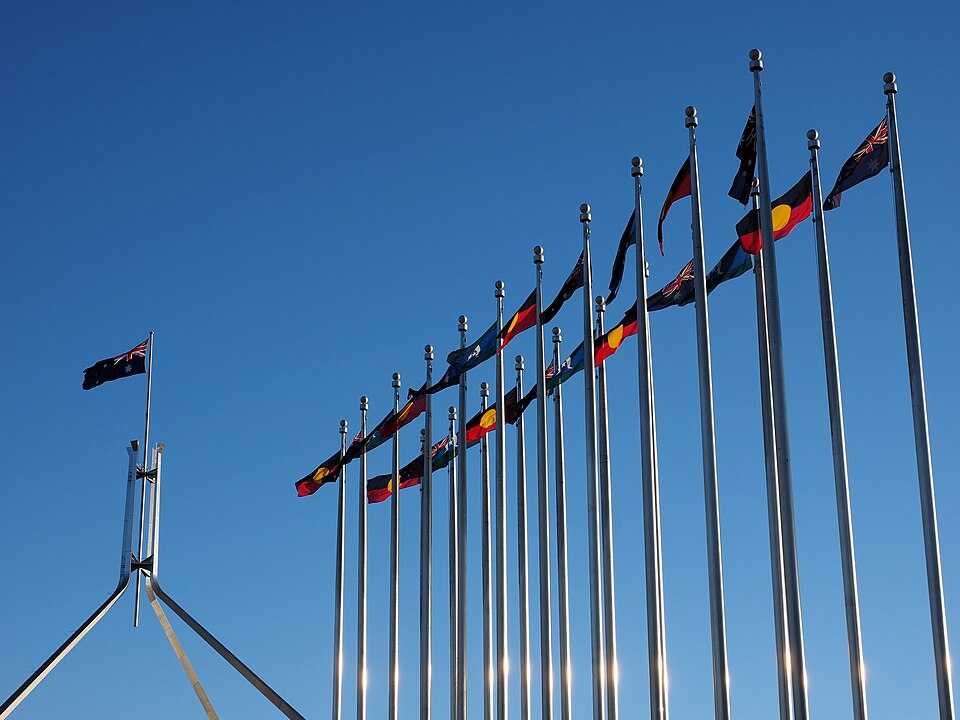Anti-immigration protests have recently filled streets and headlines in Australia. The anger was loud, but it masked a quieter truth: while some demand fewer arrivals, thousands of Afghan women remain trapped in limbo, facing Taliban oppression and waiting years for Australian visas. This is not just another immigration debate. It is a test of Australia’s credibility. Will we deliver on our promises to protect women fleeing gender apartheid, or will we let delay define our response?
Since 2021, the Taliban has banned women and girls from education, employment, and public life. Minority women, including Hazara, LGBTQI+, widows, and human rights defenders, face compounded dangers. The United Nations and independent experts have described this as a regime of gender apartheid via a systematic exclusion of women from public life.
Australia has long invested in Afghan women’s education and leadership, contributing more than $1.7 billion in development and humanitarian aid since 2001. Without practical protection, those investments will vanish. Australia’s current humanitarian visa priorities promise to consider women and girls, ethnic minorities, and LGBTQI+ people for Afghan nationals. On paper, this looks comprehensive. In practice, however, gender experts have observed that the system fails to account for intersecting risks. A woman who is both Hazara and a single mother, or an LGBTQI+ activist and a human rights defender, is not assessed for the compounded danger she faces.
As a result, high-risk women wait years while their applications stagnate. Others are asked to separate families, leaving high-risk women in exile, to be deported back to Afghanistan. Civil society advocates [1] have seen elderly mothers removed from applications and daughters excluded once they turn 23, at the department’s request. Such rigid rules leave the most vulnerable exposed, undermining Australia’s obligations under CEDAW and the National Action Plan on Women, Peace and Security. This includes addressing “the specific risks and particular needs of different groups of internally displaced and refugee women, subjected to multiple and intersecting forms of discrimination”.
Without an intersectional approach, policy misses its very purpose: to identify those in greatest danger and act with urgency. Several pathways intended to provide lifelines for Afghan women are faltering in design and execution. Our research shows:
- Woman-at-Risk Visas were created to support urgent cases of females without a male companion. In reality, many women wait years after being promised this visa, often stranded in unsafe countries without income or legal status. The lack of a trigger mechanism in the application process means urgent cases are invisible until it is too late.
- The Skilled Refugee Labour Agreement Pilot once enabled employers to sponsor at-risk refugees. However, rising salary thresholds well above average wages in care or education support roles have priced out precisely the jobs for which Afghan women are qualified. At the same time, delays have stretched from three months to over a year, a lethal timeline for women under threat of deportation.
- The Community Support Program is prohibitively expensive, with costs upwards of $40,000 per family. Only wealthier sponsors can participate, excluding grassroots communities that are eager to help. Administrative delays and a lack of refund mechanisms further weaken the program’s credibility.
These pathways were designed with good intentions. But without reform, they have become barriers rather than bridges for Afghan women who urgently need safety.
Education has long been a flagship of Australia’s engagement in Afghanistan. Yet today, Afghan girls are barred from schools and women are excluded from universities, while Australia offers only limited avenues to continue studying abroad.
Programs like the Refugee Student Settlement Pathway have shown promise, but places are scarce and not earmarked for Afghan women. Without a dedicated allocation, many young women with academic offers remain trapped, their potential wasted, and Australia’s investment in their education squandered.
Family reunion rules compound the problem. Daughters who are financially and emotionally dependent are excluded once they turn 23, even when delays in processing are beyond their control. In some cases, families have arrived in Australia while their eldest daughters remain behind in hiding. Such outcomes fracture families and deepen women’s vulnerability under Taliban rule.
Australia positions itself as a global advocate for women’s rights, from its National Action Plan on Women, Peace and Security to its support for international legal action against the Taliban’s violations at the International Court of Justice. These commitments are commendable, but credibility depends on aligning principle with practice.
Failing to deliver protection for Afghan women undermines both humanitarian values and foreign policy strategy. It devalues Australia’s voice in global forums on women’s rights and peacebuilding. It also places additional strain on regional partners like Pakistan and Iran, who are already hosting millions of Afghan refugees.
This is about principles and practice. If we do not match words with delivery, our credibility as a champion of women’s rights will collapse. Australia faces a clear choice: deny or deliver. Delays leave more Afghan women stranded in unsafe exile, separated from their families, barred from education, and vulnerable to persecution. They are trapped in an indefinite limbo, unable to move forward with their lives or make critical decisions about their safety and future. Delivery requires practical reforms, including embedding intersectional analysis into visa processing, allocating and resourcing women-at-risk visas, reducing barriers in labour and sponsorship schemes, and securing education pathways. The time for deliberation has passed: Australia must act now to uphold its commitments and provide these women with the safety and opportunity they desperately need.
Bichen Wan is a Chinese student pursuing a Master’s degree in International Relations at the Coral Bell School of the Australian National University. She is undertaking an internship with the Afghan women’s rights organisation Azadi-e Zan. As part of the internship, Bichen has been working with an expert delegation to address the systemic barriers facing Afghan women in the Australian migration system. Her perspective as an international student from Asia, combined with her research in global security and human rights, informs her interest in Australia’s responsibility toward Afghan women under Taliban rule.
This article is published under a Creative Commons License and may be republished with attribution.




